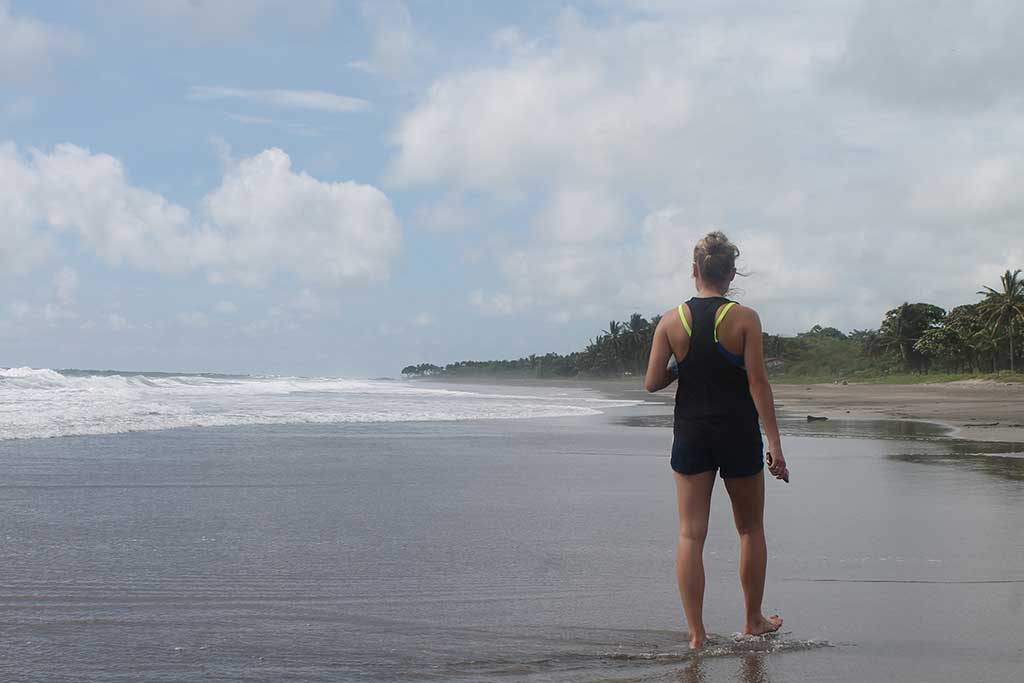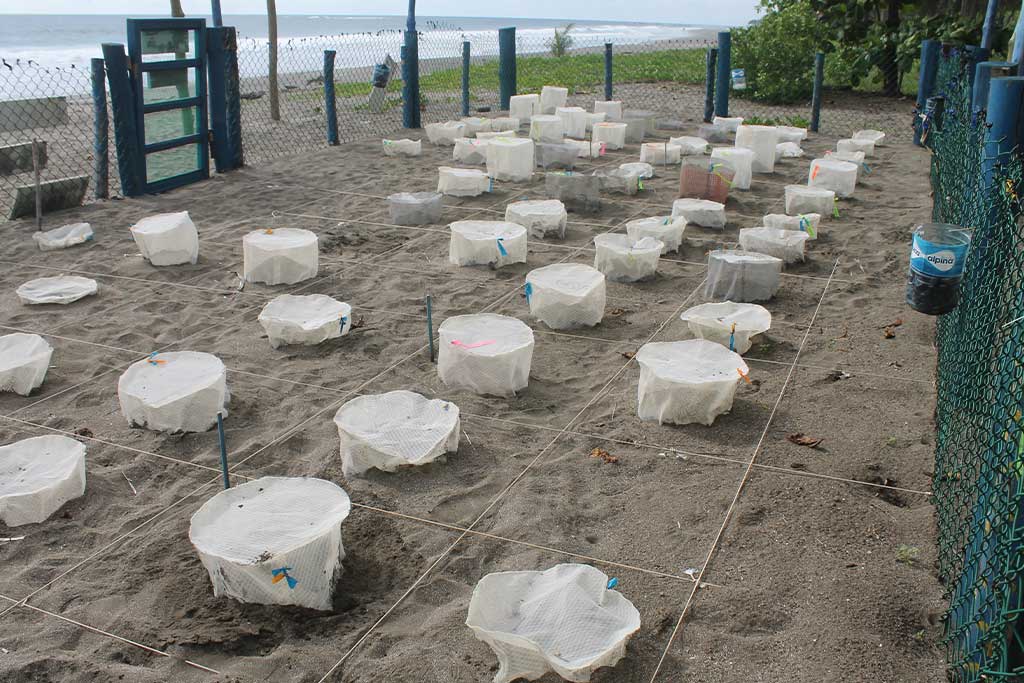When people consider volunteering abroad, they usually picture themselves as part of a bustling community. Programs at elementary schools, construction sites and medical clinics are popular across the globe. And no matter how you lend a hand, there’s really no bad way to help!
However, when prospective travelers start hunting for the perfect placement, few stop to consider the positive effects of environmental volunteering. What puts the “community” in community service? Does this mean that you need to be directly involved in the day-to-day lives of locals? Or might the impact be less obvious?
Depending on your background, teaching English or participating in a medical campaign might be the best use of your skills. But if you are knowledgeable about environmental science or simply passionate about preserving our planet, don’t underestimate the lasting impact of conservation work.

Environmental What?
Society is in a pivotal moment concerning the future of our planet. We are tasked with altering the way we live before the environmental damage and depletion we’ve caused become irreparable. The livelihood of future generations relies on those of us who are willing to live more consciously in the present.
So even though environmental projects may not be as interpersonal as other volunteer opportunities, their effect on local communities is paramount. Environmental stewardship is the foundation of preserving global society. What we choose to ignore today will only breed bigger problems in the future.
Communities cannot prosper over time without developing educated and respectful relationships with their natural resources. However, much of humanity gives little thought to the environmental repercussions of their daily decisions. This lack of awareness, or inability to adapt in some cases, is what has led me to explore the field of environmental studies during university.
My parents were not thrilled with this decision. The news was met with the question: “environmental what?” To them, the discipline seemed too vague, an “unsafe major.” But I think this difference in opinion only highlights the problem I’ve set out to study: few people stop to think about a future beyond their own.
Going Abroad for a Global Cause
Majoring in environmental studies has helped me consider the deep connection between science and the human condition. My coursework has led me to examine the intersection between social consciousness and sustainability. But if these thoughts are kept in the classroom, nothing will change. So, I started asking myself what my responsibility in all of this was.
I knew I wanted to become more involved in environmental conservation than simply studying the topic. I also felt that this was a cause that I’d like to pursue internationally. Environmental issues do not end and begin at borders. The actions of every country affect the whole globe. So, I set my eyes abroad!
I was specifically drawn to Latin America—an area rich in natural resources. Because there are many developing countries in this region of the world, its governments are often unable to prioritize protecting the ecological wealth of their countries. This made it a perfect place to volunteer my time.

An International Impact
Before long, my desire to protect the ecosystems of Latin America turned into a spring break trip to Costa Rica! I found Maximo Nivel while researching online and signed up to be a sea turtle conservation volunteer. This placement was perfect for me—an opportunity to apply everything I’d been learning.
Costa Rica? Rough, I know! I had trouble convincing myself that this was a volunteer trip and not just a tropical vacation. Costa Rica’s North Pacific coast is, in fact, a seaside paradise. However, I had also come to help. And I learned a lot about what conservation work actually looks like on the ground!
I spent two weeks working alongside biologists, researchers and other locals in the turtle nesting grounds. Though the primary function of the project was to care for the region’s endangered turtle species, volunteers were also tasked with helping preserve the beautiful ocean ecosystem.
My trip flew by! Yes, because my surroundings were beautiful, but I was also kept quite busy. I assisted with daily beach patrols. During these shifts, we would clean up litter, as well as protecting the hatchlings from predators. Sea turtles can fall prey to many dangers from crabs to careless visitors.
The team relocates them to hatcheries where they can develop in safety before ultimately being released back into the wild. Under the supervision of local scientists, I counted and tagged the turtles. I was honored to play a role in this process, which aims to assist with rather than disrupt the species’ natural cycles.
But despite the pristine beauty of the project site, my time volunteering in Costa Rica was a reminder of all the environmental work that still needs to be done. Even if it doesn’t seem as important as other humanitarian causes at first glance, fostering sustainability is the foundation of lasting community development across the globe.

Protecting Earth’s ecosystems is an ongoing job. We can only preserve our planet’s biodiversity and protect its future by living consciously. Environmental community service projects are especially important in countries that lack the necessary resources to fund conservation efforts themselves.
Supporting communities with the systemic education necessary to live more sustainably also promotes long-term development. There is nothing impersonal about environmental volunteering. Conservation is all that ensures the future of international society. Our limited resources are reason to band together!
